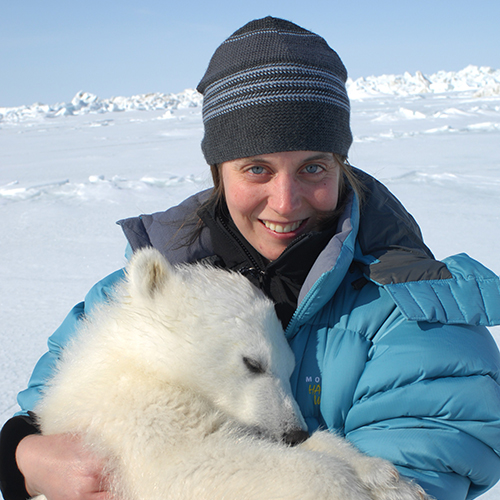
This award recognizes demonstrated excellence in pure or applied scientific research by a young faculty member.
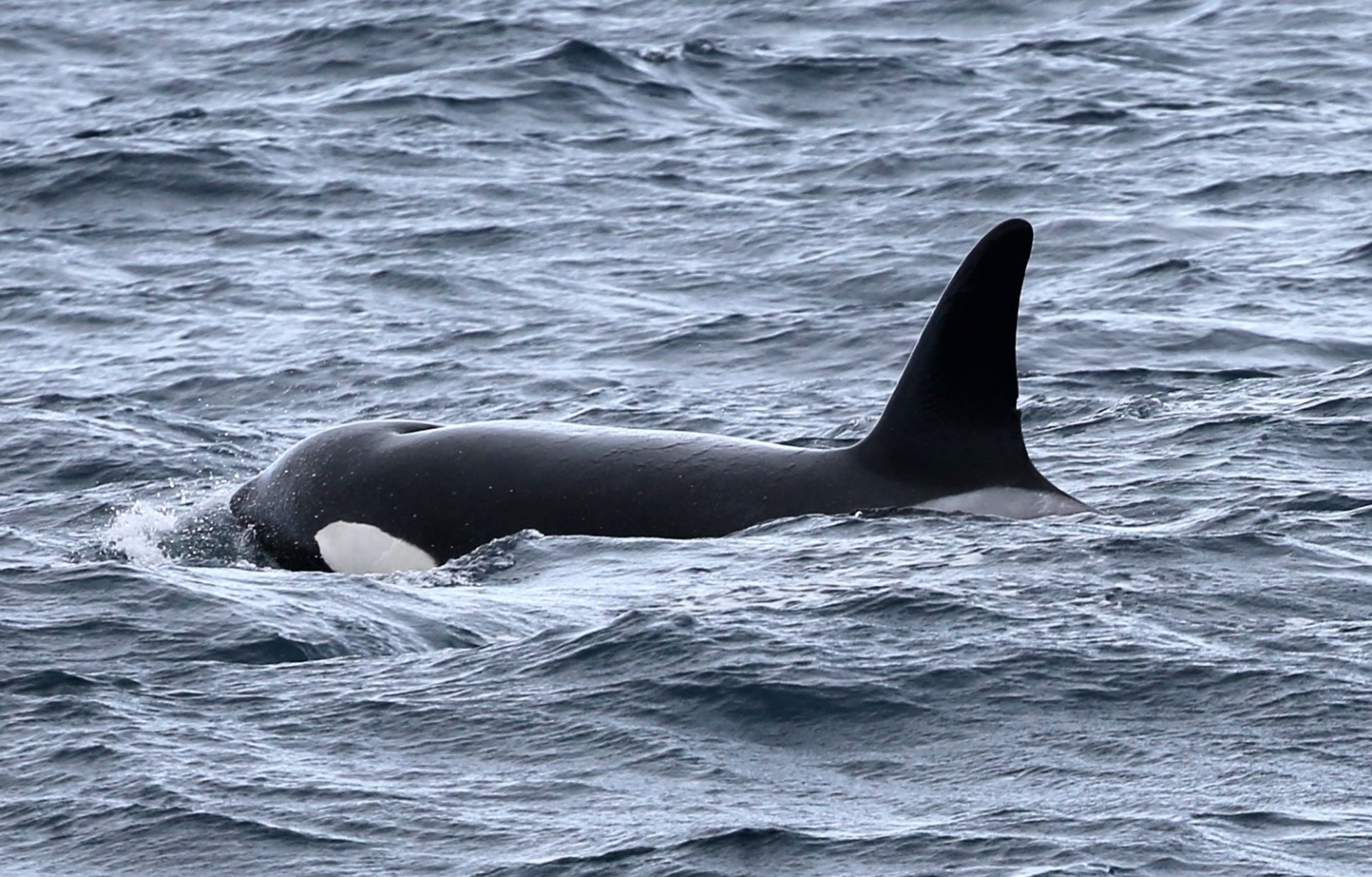
Tags: Andrew Trites, IOF students, Josh McInnes, killer whales, Marine Mammal Research Unit, marine mammals, orca, Pacific Ocean, Research, whales
UBC researchers believe a group of killer whales observed hunting marine mammals including sperm whales, as well as a sea turtle, in the open ocean off California and Oregon could be a new population.

MSc student Aleah Wong, who has made it to the final round of the Social Sciences and Humanities Research Council (SSHRC) 2024 Storytellers Challenge.
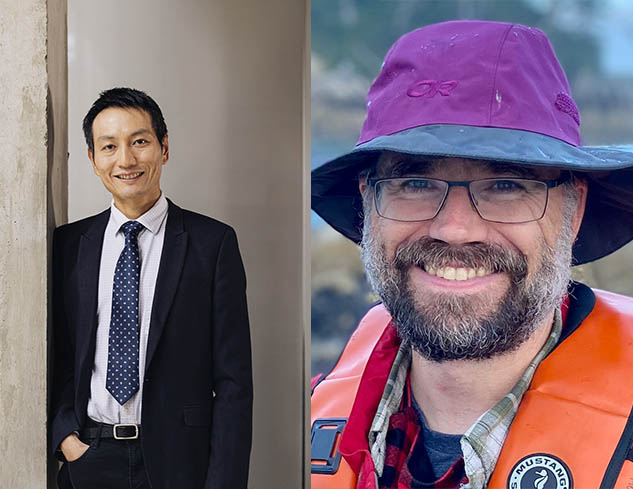
Tags: awards, British Columbia, Canada, Canada Research Chair, Christopher Harley, funding, NSERC, Solving FCB, sustainability, William Cheung
Dr. William Cheung's Canada Research Chair in Ocean Sustainability and Global Change (Tier II) was renewed for another five years. Dr. Chris Harley's Sentinels of Changes project was funded.
This program is aimed at engaging exceptional young African researchers to build international networks that can develop ocean and freshwater sustainability solutions. DEADLINE: May 15, 2024
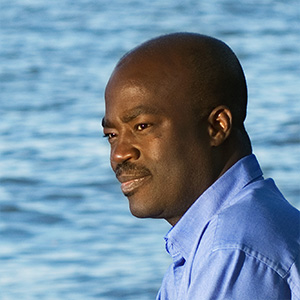
We sat down with Dr. Sumaila to discuss his perspective on being an African researcher in North America, especially during February’s Black History Month.
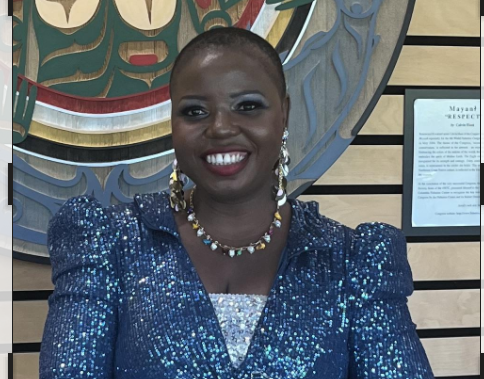
Tags: Ayodele Oloko, Black History Month, Fisheries Economics Research Unit, IOF students, IUU fishing, Rashid Sumaila, tropics, women, women in fishing
Student profile: Ayodele Oloko, PhD student in the Fisheries Economics Research Unit
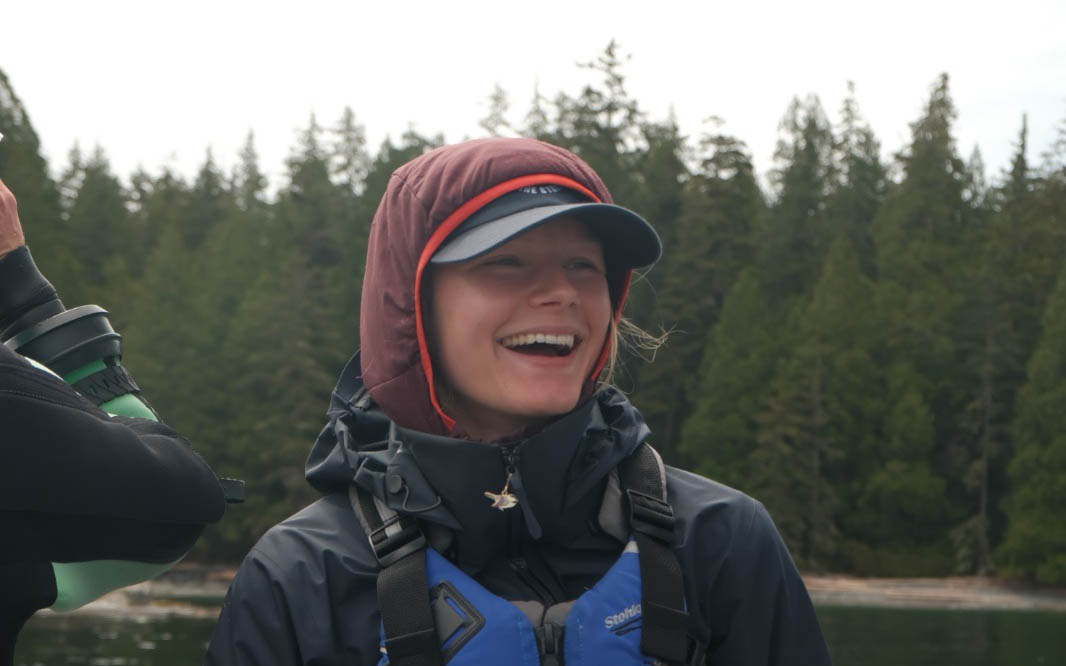
Tags: Brian Hunt, girls in science, Grace Melchers, International Day of Women and Girls In Science, IOF students, kelp, Pelagic Ecosystems Lab, Women in Science
Student profile: Grace Melchers, MSc student in the Pelagic Ecosystems Lab
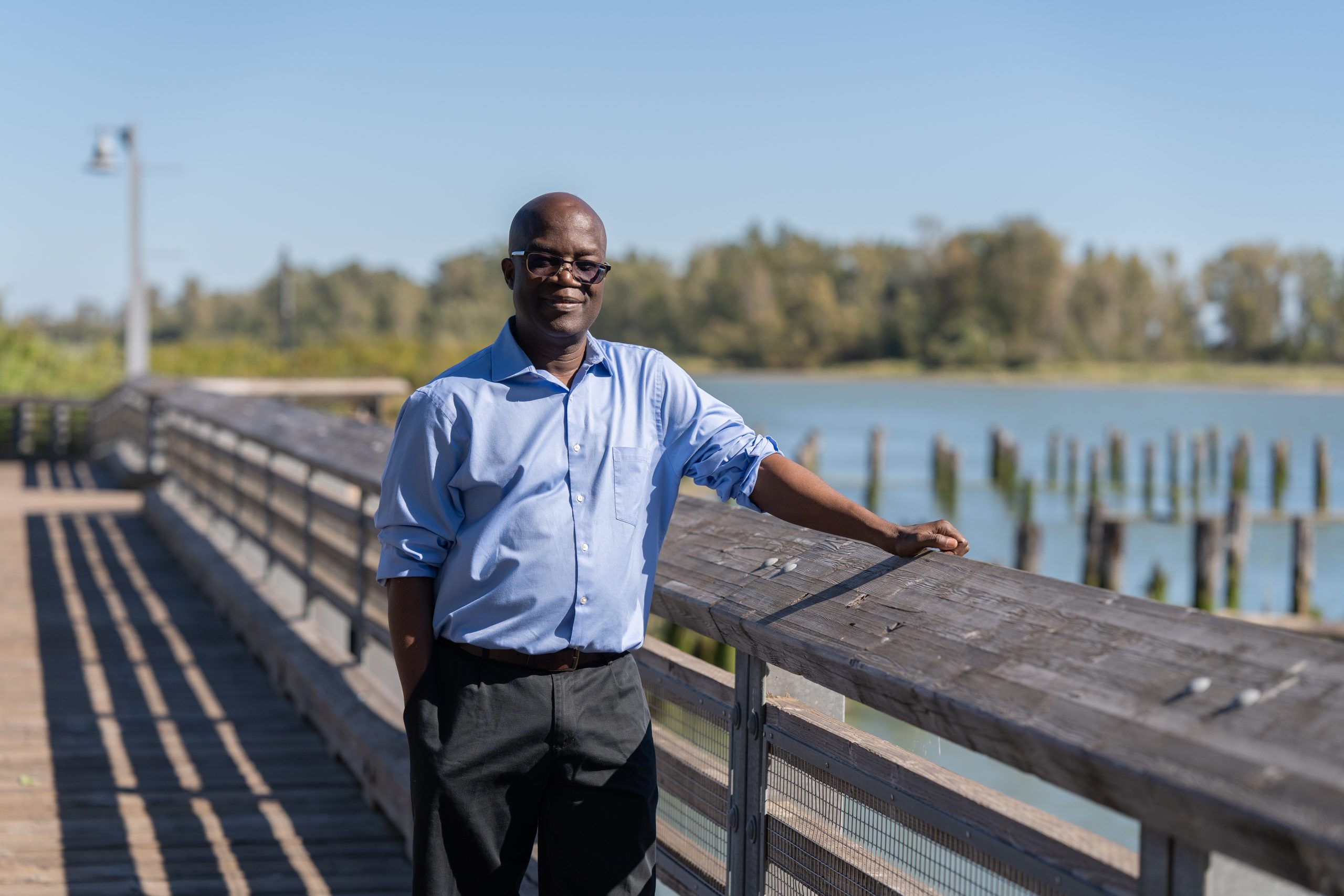
Tags: awards, FERU, fisheries economics, honours, OceanCanada, Rashid Sumaila, Solving FCB, South Africa
He was appointed by the University of Pretoria's Department of Agricultural Economics, Extension and Rural Development.
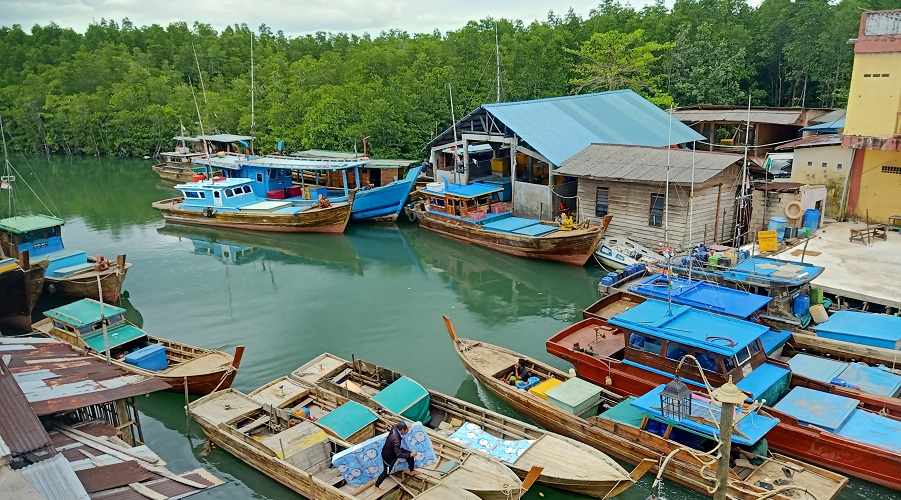
Tags: Daniel Pauly, Deng Palomares, faculty, fisheries management, Illegal fishing, Indonesia, IOF Research Associates, IUU, piracy, Research, Sea Around Us
Certain policies and policing measures taken by countries to combat illegal, unreported and unregulated (IUU) fishing drive local actors to engage in piracy, new Sea Around Us research has found.